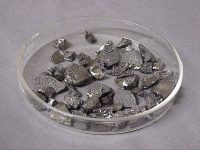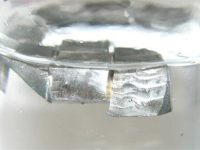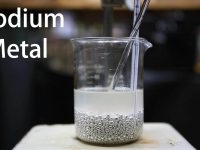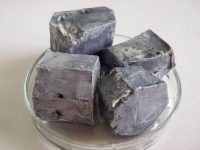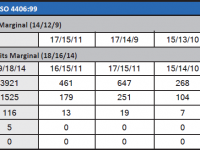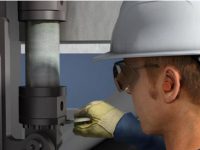Sources of Boron Boron is an additive metal commonly used in detergent additives and occurs in some EP or AW additive chemistries. Only when the boron level deviates more than 25% from the new oil or reference value should a concern be raised, but the likeliest cause is mixing or topping-off with a different product.…
Read more
Sources of Boron
